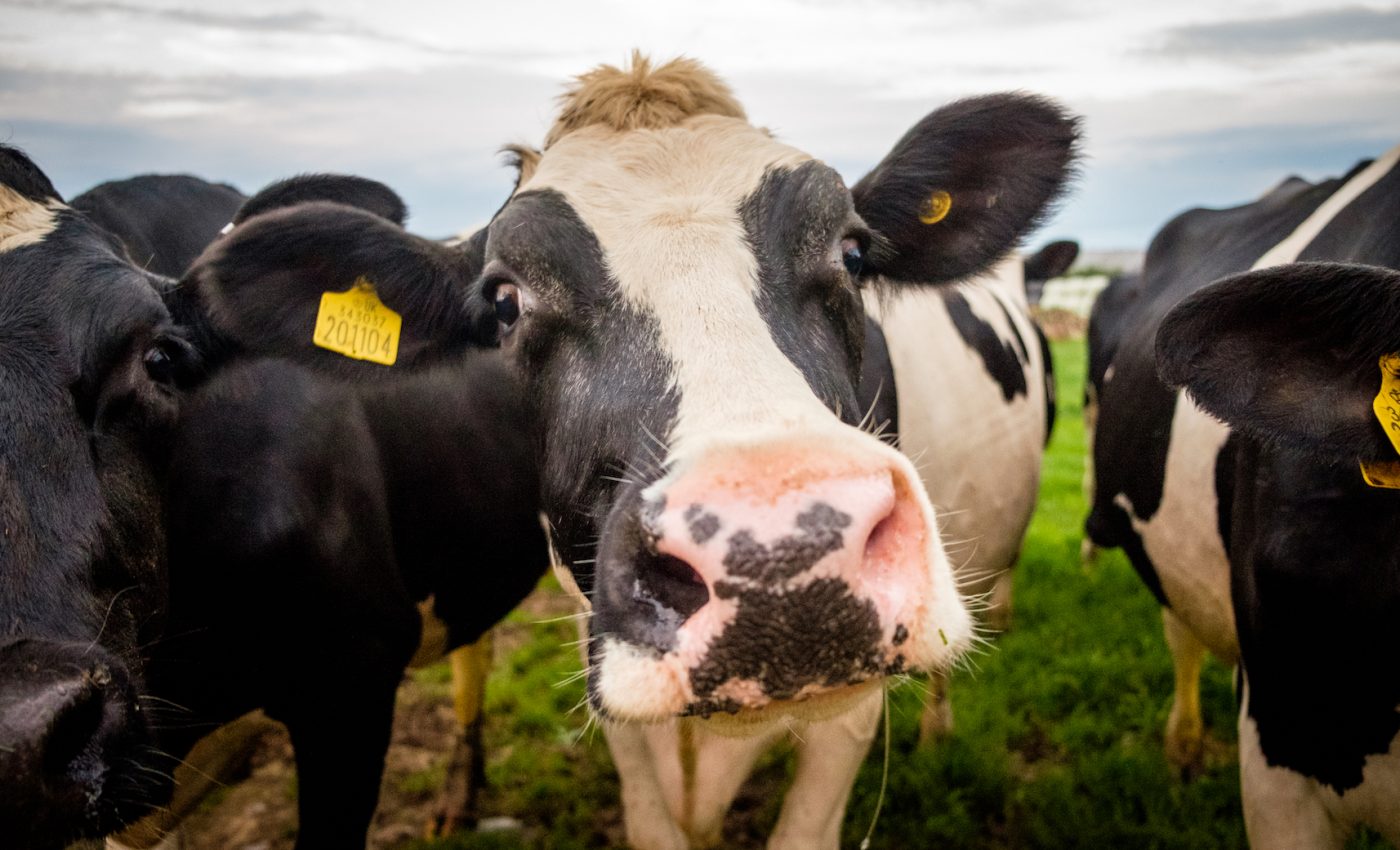
Dairy cow microbiome could yield the key to eco-friendly agriculture
Dairy cows contain the same group of microbes, and these microorganisms control methane emissions produced by digestion, new research shows.
Understanding how cow microbiomes are linked could help researchers manipulate microbes and digestion in the rumen of the cow to help reduce emissions and pave the way for more sustainable and eco-friendly agriculture.
In humans, the importance of the gut microbiome cannot be understated. Our unique flora of microbes and bacteria aids in digestion and helps strengthen the immune response.
Some of our gut microbiome is inherited through genetics, and researchers have wondered about the links between the cow microbiome and genetics.
Robert John Wallace, a professor at the University of Aberdeen, along with a team of colleagues, studied the genotypes of 1,000 Holstein and Nordic Red dairy cows from the UK, Italy, Sweden, and Finland looking for genetic variations.
The researchers discovered that at least 50 percent of the cows studied contained the same core group of microbes.
Next, the researchers used machine learning to try and predict milk output, metabolism, and methane emissions based on the microbes present in this core microbiome.
The results, published in the journal Science Advances, showed that inherited genes produce microbes that control methane emissions.
If breeders can selectively breed cows to produce less methane, it could help lessen the burden of emissions produced by the meat and dairy industry.
—
By Kay Vandette, Earth.com Staff Writer
Image Credit: Shutterstock/J R Patterson













